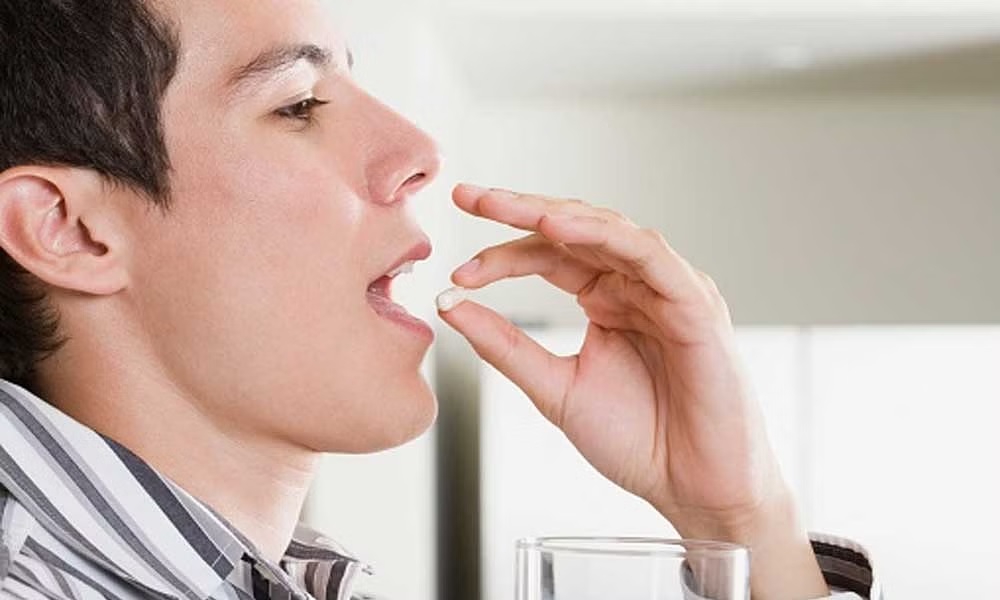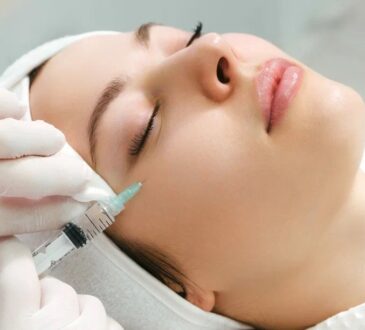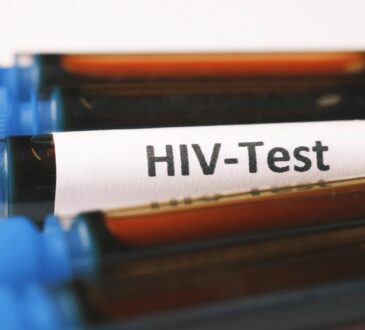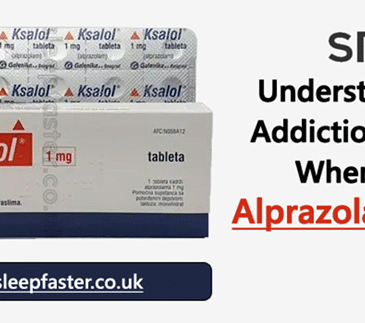
Biotin, also known as vitamin B7, is an essential nutrient that helps the body convert food into energy. It’s also widely recognized for its role in promoting healthy skin, hair, and nails. For this reason, many people turn to biotin supplements to improve the health and appearance of these bodily features. While biotin is generally considered safe, you might wonder if there’s such a thing as too much biotin. Specifically, is 10,000 micrograms (mcg) of biotin too much? Let’s explore.
Recommended Daily Intake of Biotin
The recommended daily intake for biotin varies depending on age, gender, and certain physiological states such as pregnancy. For adults 18 years and older, the National Institutes of Health recommends a daily intake of 30 micrograms. Pregnant women should aim for 30 micrograms and breastfeeding women should aim for 35 micrograms.
Understanding Biotin Supplements
Despite these recommendations, biotin supplements often contain much higher doses of biotin, ranging from 1,000 to 10,000 mcg per serving. This large discrepancy raises the question of safety and necessity.
Biotin is a water-soluble vitamin, which means it dissolves in water and is not stored in the body. Any excess biotin that your body doesn’t use is excreted through urine. Because of this, it is difficult to overdose on biotin, and high doses are generally considered safe for most people.
Is 10,000 mcg Too Much?
While it’s unlikely for a person to overdose on biotin, consuming 10,000 mcg per day is significantly more than the recommended daily intake. A number of studies have shown that such high doses are typically well-tolerated without causing adverse side effects. However, some individuals may experience mild side effects like digestive upset, skin rashes, or interactions with certain medications.
One important point of consideration is that excess biotin can interfere with certain laboratory tests, including those measuring levels of thyroid hormones or for diagnosing a heart attack. It can skew the results, leading to falsely high or low readings. Therefore, if you’re taking high-dose biotin supplements and require blood tests, it’s crucial to inform your doctor.
Concluding Remarks
To wrap up, while 10,000 mcg of biotin is significantly more than the recommended daily intake, it’s unlikely to cause harm due to biotin’s water-soluble nature and the body’s ability to excrete any excess. However, high-dose supplementation may not be necessary for most people and could potentially interfere with some medical tests.
As with any dietary supplement, it’s always best to consult with a healthcare provider before starting to take high-dose biotin. They can provide personalized advice based on your specific health circumstances and needs. Remember, achieving optimal health is not just about supplementation; it’s also about a balanced diet, regular exercise, and good sleep hygiene.




